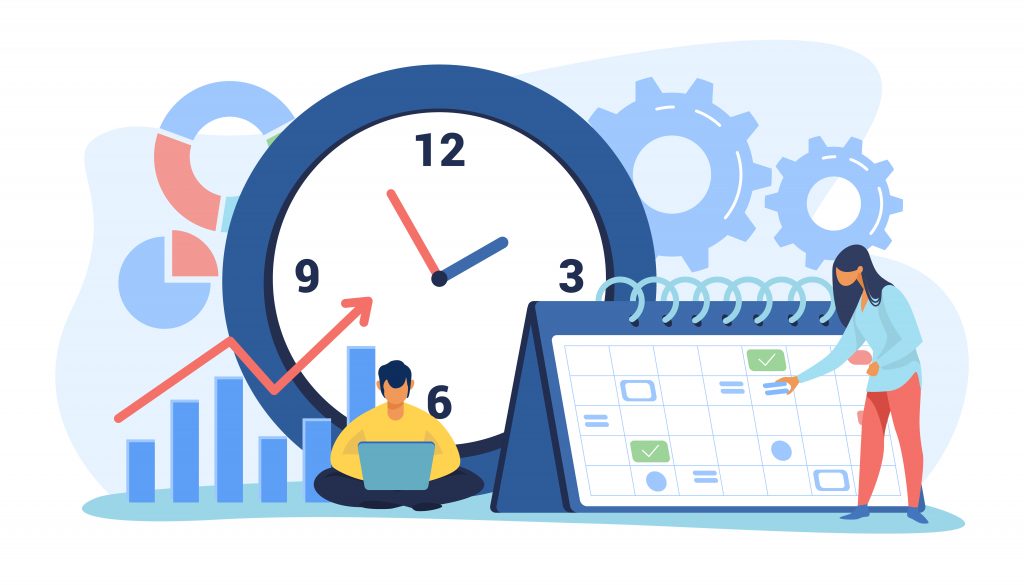
Three Common Triggers for Updating Your Will in 2020
Many people neglect to occasionally review their estate planning documents after their execution. However, your Will should be updated when your personal circumstances change, which could happen at any time. The passage of time in itself is not a trigger to change your Will. Your Will is like your home or any other asset of importance: if properly maintained, it will last a very long time. Likewise, if properly updated, your Will can also have greater longevity.
The most common triggers for updating your Will include changes in family dynamics, wealth, health, and more recently Covid19. You should take time to periodically consider each of the update triggers at least once a year. That certainly does not mean that you should update your Will every year. Experts often recommend updates be documented every three to five years. However, an annual checkup will ensure that you monitor these update triggers. This is something I tend to do on my birthday, much like an annual check-up.
Trigger #1: Change in Family Dynamics
The most common trigger for updating a Will is a change in the family. Your family could add new members by birth (e.g., children or grandchildren) or lose family members by death. Also, we see the moving of family members or change in their family dynamic with divorce and separation, all providing triggers that may require you to update your Will and Estate plans. It is important that your Will accurately reflects the actual people that survive you and potentially take care of your children.
You should update your Will according to any other changes in family circumstances. These changes may impact your previous selections for fiduciaries (e.g., executor, guardian for minors, power of attorney, etc.) as these fiduciaries may become unwilling or unable to effectively serve. Additionally, your relationship with a beneficiary or a fiduciary may sour over time, creating an unfortunate circumstance that would need to be addressed. Further, at the time of your initial Will, your children may not have been mature enough to serve as backup fiduciaries. As they mature, many people replace their initial selections with fiduciaries that will likely outlive them.
Trigger#2: Change in Wealth and Property
When your wealth changes drastically, you would benefit from re-evaluating the existing Will to reconsider the size or percentage of inheritances. A change in wealth may also lead to tax or charitable issues that were not previously considered based on the previous wealth circumstances. Wealth changes are not just winning a lottery but can be reflected in a cottage purchase or home in a warmer climate. These new assets need to be reflected in your long-term financial and Estate and Will plans.
Trigger #3: Change in Health
As your health changes, it is critical that we review the existing Will to ensure that the Will remains optimal. Also, you must consider the health of your fiduciaries (e.g., executor, guardian, trustee, agents for the power of attorney, etc.). For example, your initial appointee for executor may no longer be the best selection if his or her health has deteriorated. Many of us have selected parents and siblings to be fiduciaries however, their locale, age and health may require you to change your plans.
Be sure to read about Life Triggers and Their Role in Estate Planning and check out our recorded program on the topic.
Want more information?
Are you interested in a consultation with Peter R. Welsh?
Contact me at Peter@SmartWills.ca
By telephone 416-526-3121
Register for our blog to get valuable tips and up-to-date alerts.
This material is for general information and educational purposes only. Information is based on data gathered from what we believe are reliable sources. It is not guaranteed as to accuracy, does not purport to be complete and is not intended to be used as a primary basis for investment decisions.


